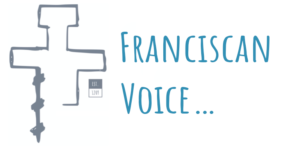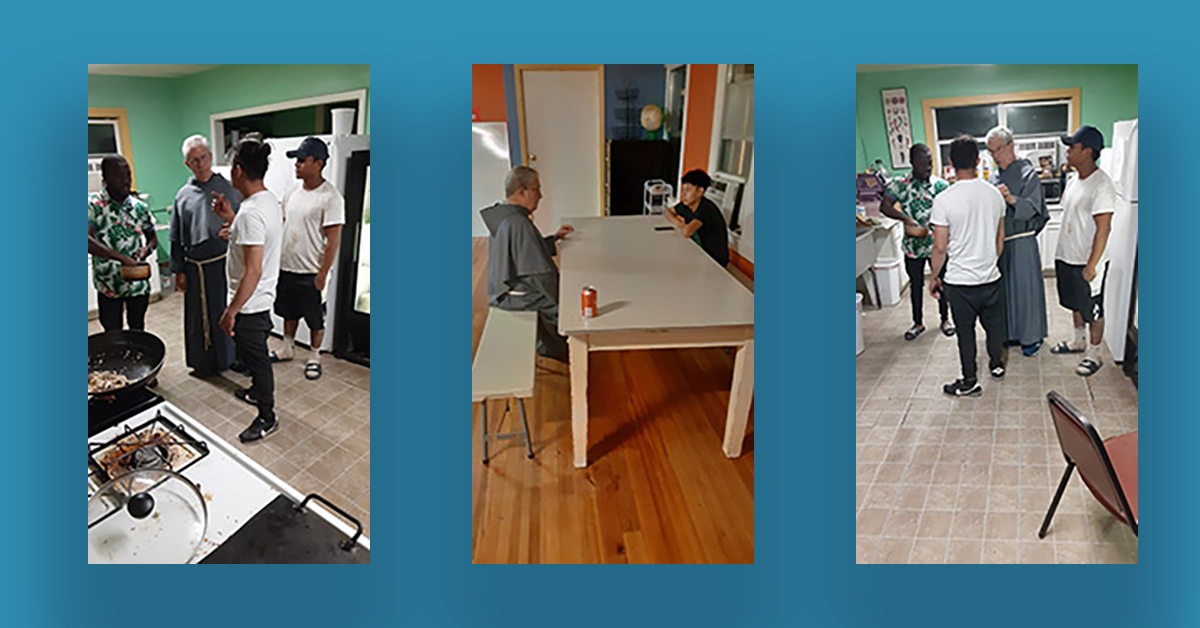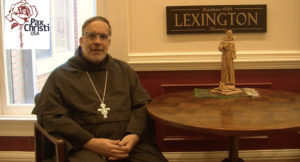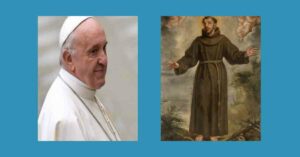Friar Juan Zuniga Lopez was completing theological studies in San Antonio, Texas, in 2018 when he met Fr. Phil Ley and was introduced to Posada Guadalupe. Here is part two of this 3-part series.
(If you missed Part One –
https://franciscanvoice.org/for-i-was-hungry/)
Most young men come to Posada Guadalupe after release from the juvenile jail system. RAICES (Refugee and Immigrant Center for Education and Legal Services) helps these young people, paying their bond so they may be released when they turn eighteen, and helping them start a legal process to remain in this country. In this process, RAICES contacts Friar Phil (Fr. Phil Ley is the director of Posada Guadalupe) to ask if he can provide them shelter. The number of young men and the length of stay in the shelter both vary, but there are usually ten to fifteen people in the house.
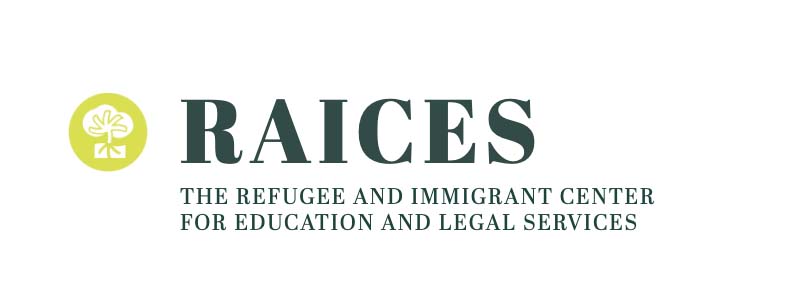
To complete my theological studies, I needed to do a pastoral practicum. In the beginning, my idea was to do this project in a parish, but then I thought about Posada Guadalupe. It was a good place to do my practicum because it is a Franciscan ministry, and as a Franciscan friar, I could learn more about our pastoral and social ministry. Also, I felt like I could see myself in these young men, because I was an immigrant many years ago.
For the first days visiting the shelter, I wore my habit so they would know that I was a Franciscan friar, and perhaps provoke interest to chat with me. But the opposite happened. They did not want to approach me and talk.
Friar Phil told me that wearing the habit would not be appropriate because the majority of them don’t know much about religion and they don’t go to church. He told me to just let things flow and they would slowly come to chat with me.
What I noticed was that this ministry simply required me to be present and spend time with them in their activities.
At the time I began to visit the Posada, there were about thirteen residents. During the day, social workers assist them with what they need (e.g., appointments with lawyers, doctors, filling out job applications, etc.). Besides the director, there is an assistant manager who works almost full-time, carrying out the coordination of everything. In addition, there are volunteers who help with housework, cooking, and maintenance. There is also another person who serves as the watchman during the night. So, several volunteers were in and out every day, helping with what they could.
I noticed that although the young men had social, medical, legal services and assistance, there was a lack of spiritual assistance. I saw that I had a very good opportunity to offer this type of pastoral help.
In part 3, Friar Juan talks about his experiences offering pastoral help –
